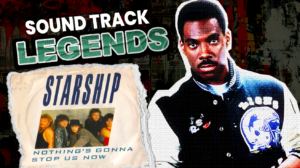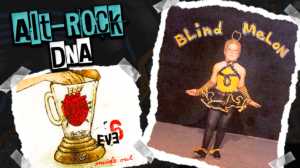
Have you heard about the songs that shocked America? These forbidden tracks shaped our culture in ways radio stations never predicted. From coast to coast, authorities banned music for drug references, religious imagery, and political statements. Behind these censored hits, some artists endured FBI investigations while others watched their careers explode from the controversy.
The untold stories behind banned music reveal more about America than the songs themselves.
15. “Like a Prayer” by Madonna

Religious controversy erupted when Madonna released “Like a Prayer” in 1989. Mixing Catholic imagery with sexual themes, the track sparked outrage from religious organizations nationwide. The provocative music video, featuring burning crosses, stigmata imagery, and Madonna kissing a Black saint, led station managers to pull the song from rotation. Yet the ban backfired spectacularly. The track shot to #1 on the Billboard charts within weeks as curious listeners rushed to hear what all the fuss was about. Many purchased the single specifically because of the controversy, creating a masterclass in unintentional promotion. Next time you hear “Like a Prayer” on the radio, remember you’re enjoying a song that once had religious leaders clutching their rosaries in horror—all while 5 million copies flew off the shelves. While we have many songs that were banned, we also have a number that only had their album covers banned for various reasons.
14. “Light My Fire” by The Doors

A single line changed rock history forever on The Ed Sullivan Show in 1967. Hours before broadcast, producers cornered Jim Morrison, demanding he change “girl, we couldn’t get much higher” to avoid drug implications. The leather-clad frontman nodded agreeably backstage but had other plans. When the cameras rolled, Morrison locked eyes with the camera and defiantly delivered the forbidden lyrics exactly as written. Furious producers immediately blacklisted the band while conservative radio stations yanked the song from playlists across America’s heartland. That split-second decision transformed Morrison from rock singer to counterculture icon overnight. With 30 million viewers watching that night, Morrison’s defiant performance turned what could have been just another TV appearance into rock’s greatest “you’re not the boss of me” moment—one you can still feel every time you crank up the volume.
13. “Lucy in the Sky with Diamonds” by The Beatles

Suspected drug references haunted “Lucy in the Sky with Diamonds” upon its 1967 release. BBC Radio banned the track, assuming the title’s initials (LSD) promoted psychedelic drug use, despite John Lennon repeatedly explaining it was inspired by his son Julian’s school drawing. American stations soon followed suit. Surreal lyrics describing “tangerine trees” and “cellophane flowers” only strengthened censors’ convictions about hidden drug messaging. This censorship failed to stop the track from cementing itself in music history. The same childhood drawing that launched a thousand radio bans eventually sold at auction for $87,000—proof that if you want your kid’s artwork to appreciate in value, just have the BBC try to censor it.
12. “Cop Killer” by Body Count

Body Count’s “Cop Killer” generated unprecedented political backlash upon release. Released just weeks before the 1992 Los Angeles riots, the track’s timing couldn’t have been more inflammatory. Police organizations nationwide demanded boycotts of distributor Time Warner, while President George H.W. Bush publicly condemned the song. Under extraordinary pressure, including threats from shareholders, Warner Bros. ultimately removed the track from all future album pressings. The controversy marked one of the rare instances where institutional pressure successfully limited a song’s reach. In a twist few saw coming, Ice-T himself ultimately pulled the track to protect record store employees from physical threats—showing how even in music censorship’s most extreme case, the artist’s humanity ultimately prevailed over artistic defiance.
11. “Street Fighting Man” by The Rolling Stones
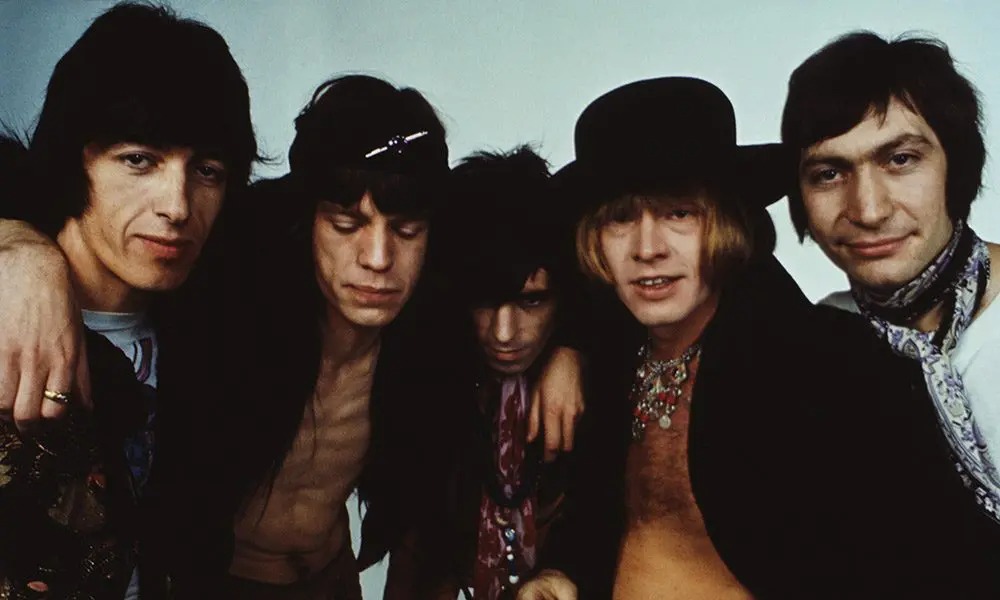
Amid the chaotic 1968 Democratic National Convention, radio stations in Chicago banned “Street Fighting Man” fearing its potential to incite violence. The year had already seen the assassinations of Martin Luther King Jr. and Robert Kennedy, with tensions at a breaking point. Mick Jagger’s lyrics about “the time is right for fighting in the street” seemed too dangerous during ongoing clashes between protesters and police. Chicago authorities confiscated all copies from local record stores. Several stations that defied the ban received bomb threats. Music historians later acknowledged the track as perfectly capturing 1968’s revolutionary atmosphere, with Rolling Stone magazine ranking it 301st on their “500 Greatest Songs of All Time” list.
10. “The Pill” by Loretta Lynn

Country music confronted feminism head-on when Loretta Lynn released “The Pill” in 1975. Celebrating women’s reproductive freedom through contraception, the song faced immediate bans across over 60 radio stations in conservative Southern markets. Lynn’s straightforward lyrics about a rural woman’s excitement over birth control after years of unwanted pregnancies shocked country music gatekeepers. The Grand Ole Opry pressured Lynn to remove the song from her performances. The controversial song achieved crossover success despite minimal radio support, becoming Lynn’s highest entry, reaching #70 on Billboard’s Hot 100. In later years, Lynn received countless letters from rural women who credited the song as their first introduction to contraceptive options—a rare instance where a banned country song became a public health announcement in disguise.
9. “I Saw Mommy Kissing Santa Claus” by Jimmy Boyd

Released in 1952, Jimmy Boyd’s seemingly lighthearted Christmas carol, “I Saw Mommy Kissing Santa Claus,” unexpectedly sparked controversy. The Catholic Archdiocese of Boston banned the song from its radio stations, misinterpreting the playful lyrics as suggesting a romantic affair between the mother and Santa Claus himself, which they deemed blasphemous and disrespectful of the Christmas spirit. This ban ignited public debate, highlighting the anxieties of the time and the potential for misreading irony in popular culture. However, the controversy eventually subsided after young Jimmy Boyd himself clarified the true meaning of the song – that Santa Claus was, in fact, the father in disguise. With this simple explanation, the Archdiocese lifted the ban, and the song went on to become a beloved Christmas classic, a testament to its enduring appeal despite its initial brush with censorship. There are also many songs that were ruined by a disgraced artist – here are a few.
8. “Wake Up Little Susie” by The Everly Brothers

The 1957 release of “Wake Up Little Susie” by The Everly Brothers triggered unexpected moral outrage. The song’s storyline about teenagers accidentally falling asleep at a drive-in movie triggered bans across several major markets, including Boston. Despite the lyrics clearly stating nothing inappropriate happened, radio stations interpreted the scenario as promoting sexual impropriety. The central concern about “what will we tell our friends when they say ooh-la-la” particularly alarmed parents. The reaction to this harmless rock tune exposed deep-seated fears about youth autonomy in 1950s America. Those same “scandalous” harmonies directly shaped the vocal approach of the early Beatles, who readily acknowledged their debt to the Everly Brothers—making this banned song the forbidden fruit from which modern pop vocal stylings evolved.
7. “Louie Louie” by The Kingsmen

Garbled vocals spawned one of music’s most absurd censorship campaigns when The Kingsmen released “Louie Louie” in 1963. The FBI launched a 31-month investigation into the song’s supposedly obscene lyrics, ultimately finding nothing objectionable. Indiana’s Governor Matthew Welsh declared the song “pornographic” despite never understanding the actual words. Parents’ groups claimed to hear explicit sexual references that simply didn’t exist in the original lyrics about a sailor returning to his girlfriend. The manufactured controversy propelled the single to #2 on the Billboard charts. If you listen closely at the 0:54 mark, you’ll hear the drummer accidentally curse after dropping his drumstick—ironically making this the only actual obscenity in a song that launched America’s most absurd moral panic.
6. “Strange Fruit” by Billie Holiday

Billie Holiday delivered the most haunting indictment of American racism with her 1939 recording of “Strange Fruit.” The stark description of lynched Black bodies as “strange fruit hanging from the poplar trees” proved too confrontational for radio programmers nationwide. Holiday’s own label, Columbia Records, refused to record the song, forcing her to release it through Commodore Records. Café Society in New York, where Holiday regularly performed, established special protocols for the song—lights dimmed completely, service stopped, and Holiday closed her sets with it to avoid the uncomfortable silence that followed. With over one million copies sold despite radio silence, “Strange Fruit” proved that some truths are so essential they find their audience regardless—a haunting reminder of how music can bear witness when history books and newspapers fall short.
5. “My Generation” by The Who
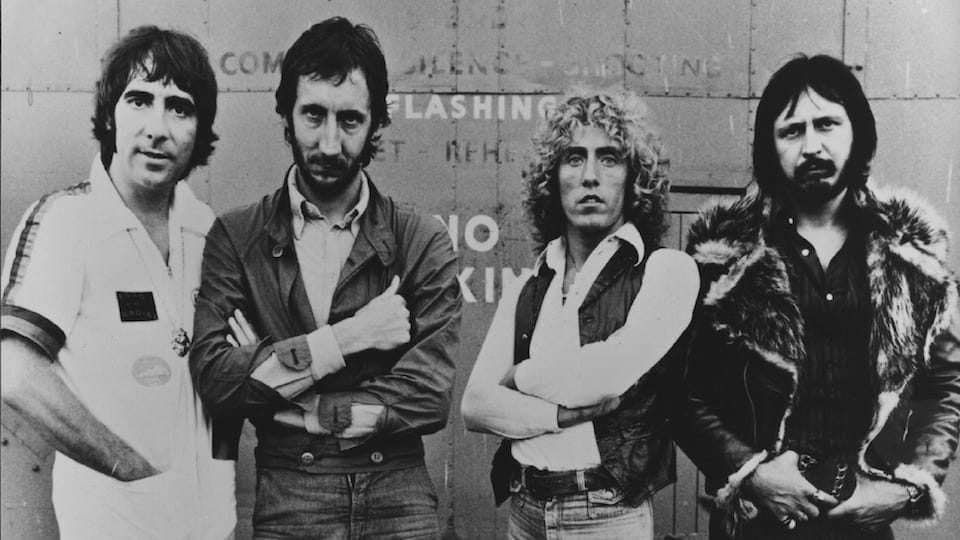
Misinterpreted stuttering led to “My Generation” being temporarily banned by the BBC in 1965. Officials believed Roger Daltrey’s distinctive vocal style mocked people with speech impediments rather than expressing youthful nervousness. The line “Why don’t you all f-f-fade away” further concerned programmers who misheard potential profanity. Pete Townshend’s declaration about hoping to die before getting old struck adult listeners as dangerously nihilistic. Despite initial censorship, the song reached #2 on the UK charts and became The Who’s signature anthem. That famous stutter you’ve imitated at karaoke bars? Daltrey later admitted it emerged from struggling with complex lyrics in a freezing studio—a happy accident of chattering teeth that transformed a potential vocal failure into rock’s most recognizable delivery.
4. “Eve of Destruction” by Barry McGuire
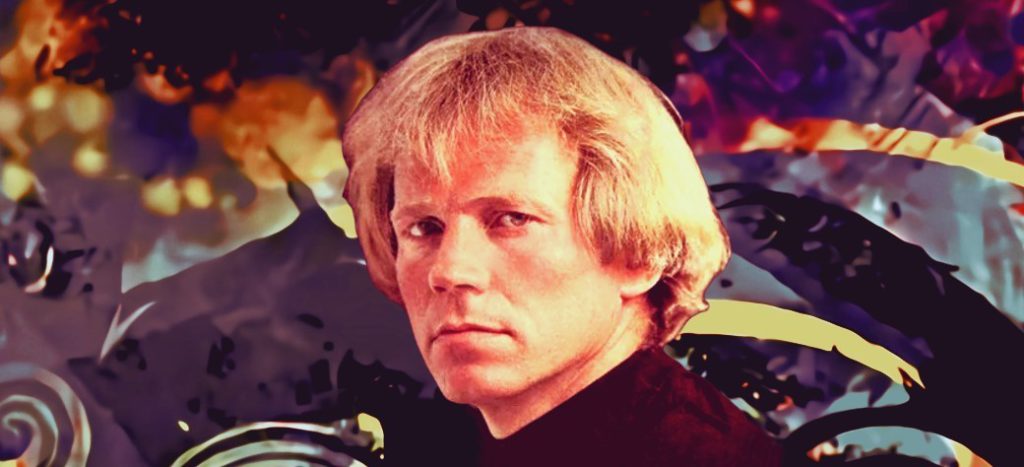
“Eve of Destruction” topped the Billboard Hot 100 in September 1965 while simultaneously being blacklisted by hundreds of radio stations. Media giant RKO General banned the song across its network for its unflinching critique of Vietnam policies, nuclear arms, and civil rights failures. The line “you’re old enough to kill but not for votin’” particularly resonated with young men facing the draft years before the voting age was lowered to 18. Several counterprotests emerged, including Barry Sadler’s “The Ballad of the Green Berets” specifically created to oppose McGuire’s message. When radio stations tried silencing McGuire’s apocalyptic warning, Americans responded by purchasing one million copies in just four weeks—proving that telling people they shouldn’t hear something is the surest way to make them seek it out.
3. “Highway to Hell” by AC/DC

AC/DC’s arena anthem became taboo content in the aftermath of the September 11, 2001 attacks. Clear Channel Communications (now iHeartMedia) circulated a memorandum to its 1,200 radio stations listing songs deemed inappropriate following the terrorist attacks, including the 1979 hard rock anthem. Program directors misinterpreted the song’s title as insensitive despite its original meaning referring to the band’s exhausting tour schedule. The ban extended to over 160 songs from artists ranging from Rage Against the Machine to John Lennon. Most stations resumed normal programming within weeks, but the incident demonstrated how external events can suddenly recontextualize music’s perceived meaning. That same devil-invoking anthem has since blasted through speakers at three Presidential inaugurations—a reminder that today’s musical contraband often becomes tomorrow’s establishment soundtrack. Speaking of banned songs, here are songs that were hated that are now loved.
2. “God Only Knows” by The Beach Boys

A divine reference almost prevented audiences from hearing what musicologists now regard as pop’s crowning achievement. In 1966, radio stations initially refused to play “God Only Knows,” fearing that using “God” in the title would offend religious listeners. Program directors worried the phrase constituted blasphemy despite the song’s sincere emotional depth. Brian Wilson’s revolutionary composition featuring unconventional structure and complex harmonies represented a quantum leap for popular music. The unnecessary controversy eventually subsided as the song’s artistic brilliance became undeniable. When Paul McCartney declares something his favorite song of all time, you know broadcasters picked the wrong battle—this once-forbidden track now stands as the cornerstone that connects classical minimalism, experimental rock, and everything that dares to push musical boundaries forward.
1. “War Pigs” by Black Sabbath
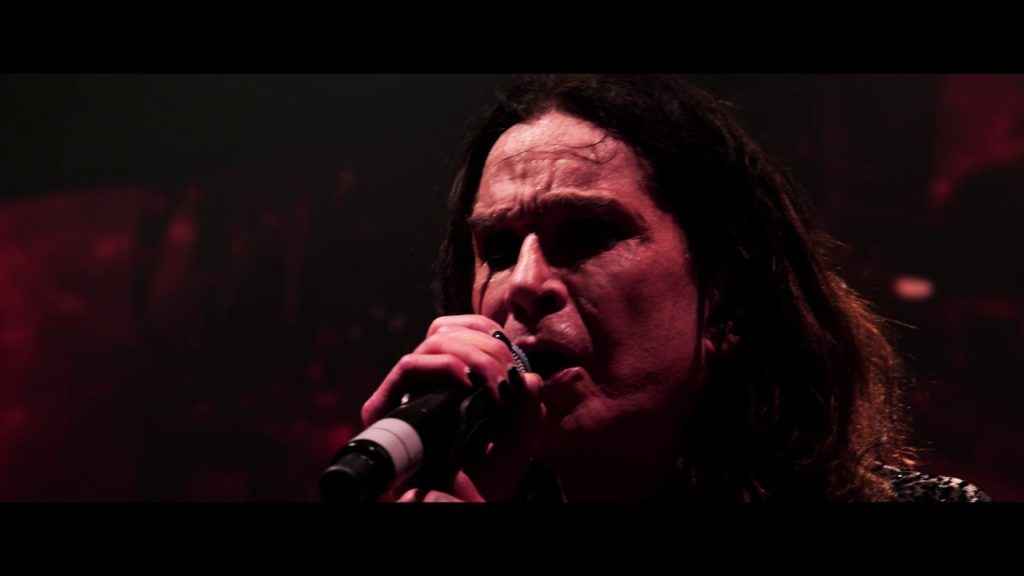
Clear Channel Communications deemed Black Sabbath’s anti-war epic “War Pigs” inappropriate for airplay following September 11, 2001. Originally released in 1970 during the Vietnam War, the song explicitly criticizes military profiteers rather than celebrating violence. The song’s vivid descriptions of “generals gathered in their masses, just like witches at black masses” made programmers uncomfortable as America prepared for war in Afghanistan. The ban’s irony—censoring an anti-war song during wartime preparations—wasn’t lost on music critics. Written when Sabbath was still called Earth, the song was originally titled “Walpurgis,” referring to the witch-gathering holiday. There’s a special type of poetic justice when censoring an anti-war song during wartime preparations only ensures its message reaches more ears—Sabbath’s ominous warning about the endless cycle of conflict and silenced opposition playing out in real time through its very suppression.




